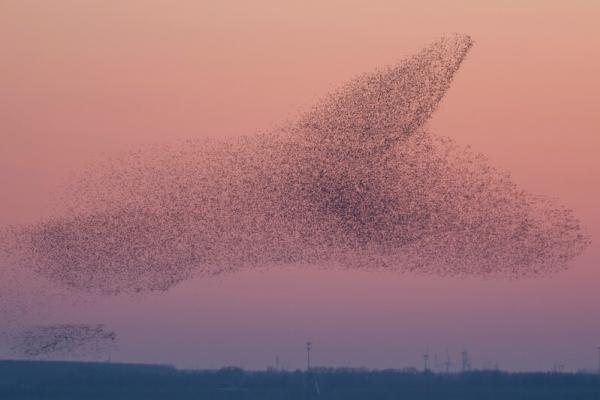Last year, Andrew Wheeler — the Environmental Protection Agency’s (EPA) administrator — proposed a rollback of federal methane pollution standards, eliminating the direct regulation of methane from the EPA’s New Source Performance Standards. Thousands of people from every walk of life opposed the rollbacks by offering public comments. Now, we are waiting for an announcement of the Trump administration’s final policy rollback decision.
This move drastically eases pollution restrictions on the oil and gas industries and will accelerate the pace of climate change, putting more communities at greater risk.
Methane gases are dangerous for our global climate. These gasses are extremely potent greenhouse gases released during oil and gas development. Each year, the U.S. oil and gas industry releases more than 13 million metric tons of methane and other pollutants into the air.
This intense climate change-enhancing pollution impacts the people that I serve both internationally and locally.
In the Philippines, we constantly rebuild homes, churches, and schools. But we never fully recover from the tragedy of lost lives due to climate-fueled typhoons, hurricanes, and, tropical storms.
Here in the U.S., long-term exposure to methane pollution fosters serious health complications including respiratory damage, cancer, asthma, and heart disease. While people across the country suffer from exposure to heavily polluted air, African-American communities shoulder an unequal burden of air pollution. More than one million African Americans live within a half mile of an oil and gas facility, and more than 71 percent of black families across the country already live in counties that are consistently in violation of federal standards for air pollution. The fact that industrial pollution sites in the U.S. are disproportionately located close to communities of color is an illustration of the persistence of environmental racism.
Methane also poses a grave danger to our planet. Methane is more than 80 times more potent than carbon dioxide over the short-term and a significant driver of climate change. From record flooding, dangerous wildfires, heat waves, and large destructive storms, climate change is already causing devastation around the world and putting millions of people in danger.
If we are going to avoid the worst impacts of climate change we need to act now. Cutting methane pollution from the rapidly expanding oil and gas sector is one of the best tools we have to address the climate crisis in our lifetime. Yet, Administrator Wheeler’s proposal would ease restrictions on corporate polluters, weaken leak detection and repair, and provide other loopholes for the oil and gas industry to take advantage of for the sake of private profit.
Caring for God’s creation means protecting our planet, conserving the precious natural resources we are blessed to have access to, and ensuring that future generations can continue to thrive. We simply cannot accomplish these goals without strong federal safeguards to reduce oil and gas pollution.
The Trump administration may release a finalized rolled back rule very soon. While the comment period has closed, we can still influence public opinion, as well as urge Congress to act with urgency to control methane pollution. In this election year, we also have to engage with candidates about climate justice. Every candidate should have a well explained plan, so we can vote for candidates at every level who will take action for climate justice.
The religious community shares a moral responsibility to protect others from the harms of methane pollution and the devastation of climate change. It is our moral responsibility to act now. We must stand for the health of all humanity and work to limit methane pollution in our communities, especially among the most vulnerable.
These efforts to roll back critical safeguards designed to limit climate pollution and keep our communities safe are not only reckless, they are dangerous and unjust.
Got something to say about what you're reading? We value your feedback!







